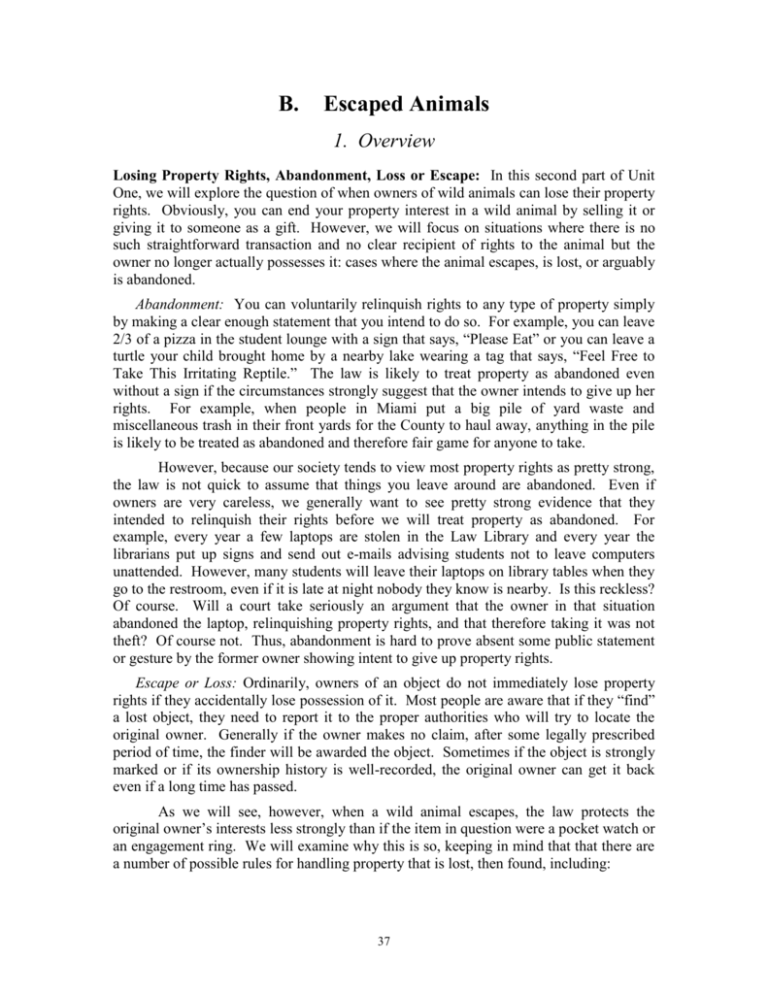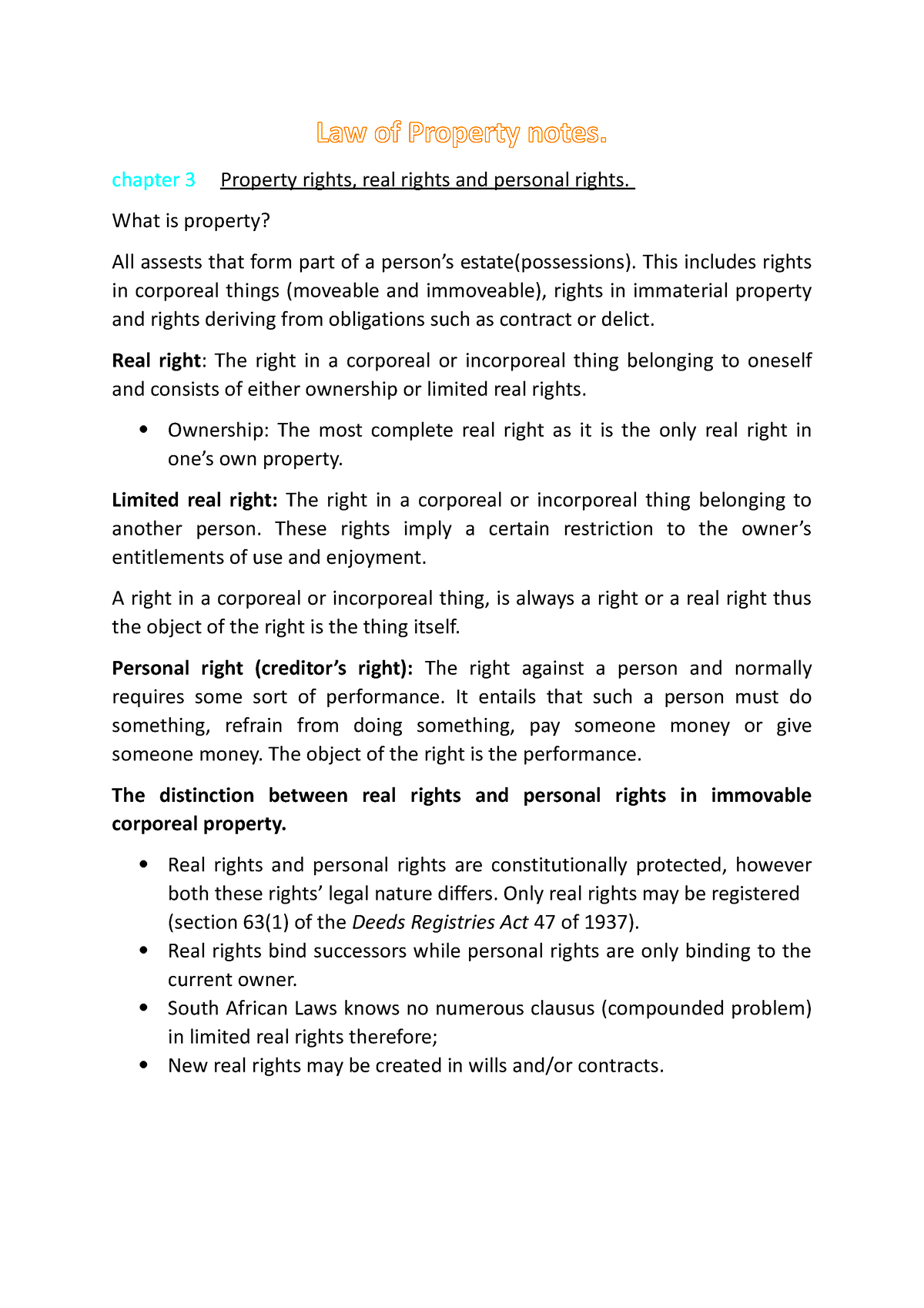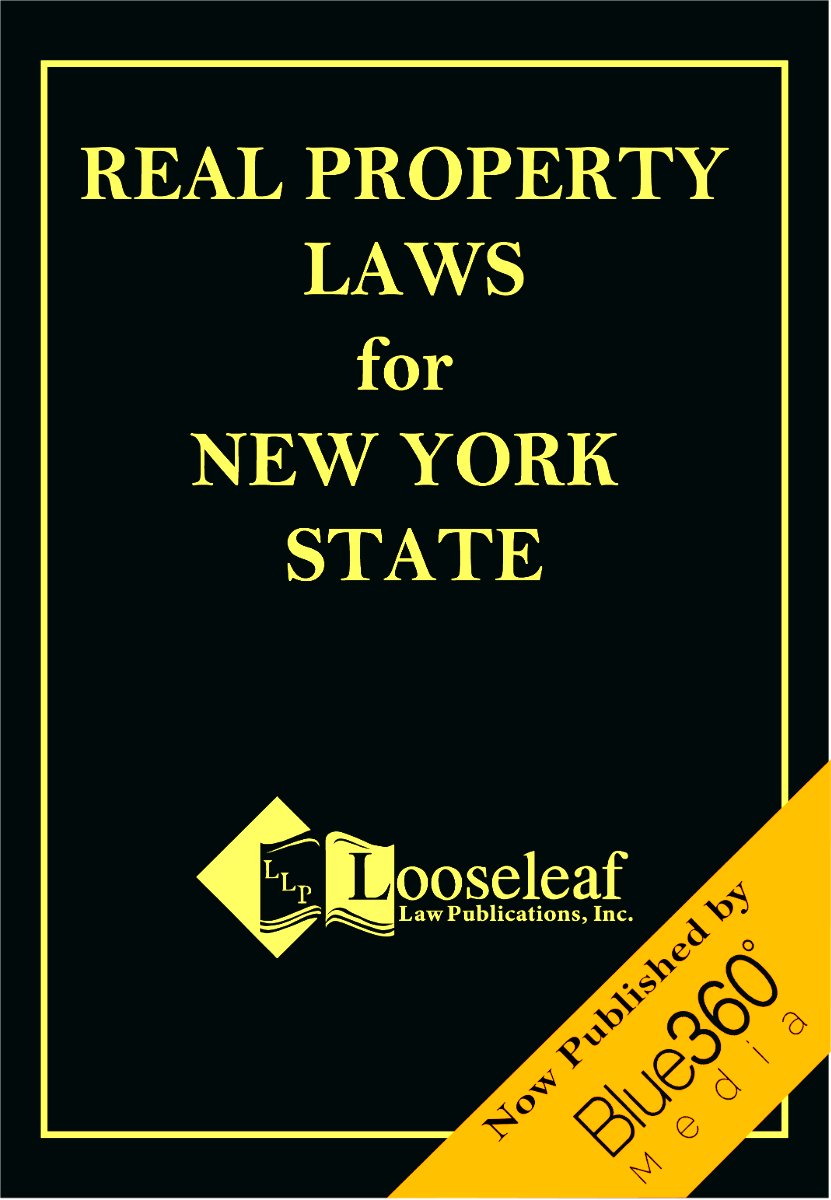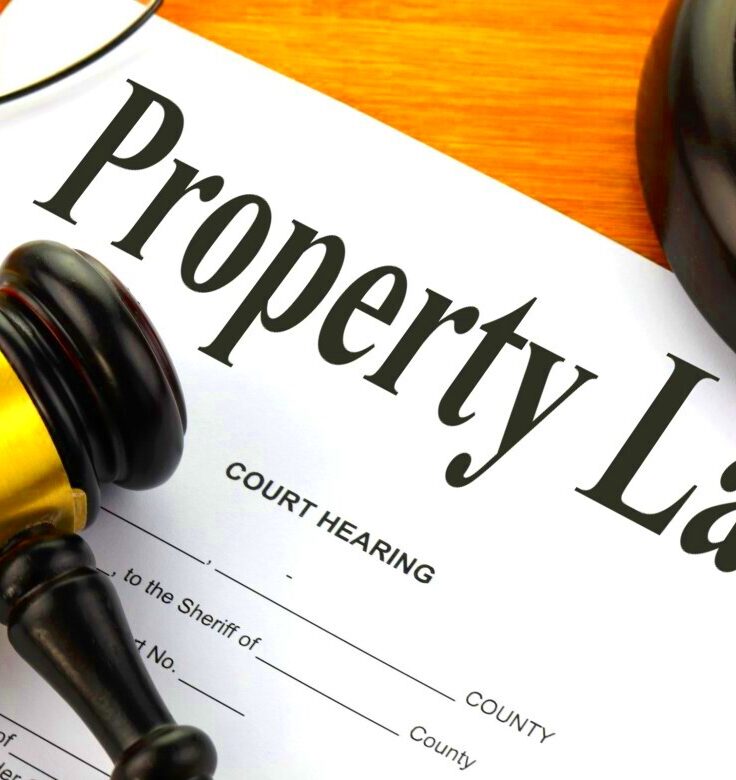New York’s Common Law Property Rights Explained
The common law property rights in New York play a role in the states legal framework. They influence property ownership, sharing and distribution among people. Whether its purchasing a house navigating a divorce or organizing your estate being aware of these rights is essential. I recall my initial exposure to these ideas; the intricacy of property regulations was daunting. However delving into these rights deepened my appreciation for how the law strives to strike a balance between equity and ownership, in property issues.
Overview of Common Law Property Rights

In New York property rights are shaped by common law principles that have developed through court rulings instead of being set out in laws. These rights dictate how property is handled when people obtain it share it or get rid of it. Here’s a summary of the key points you should be aware of:
- Individual Ownership: This is where a person owns property solely in their name. They have full control over it, including the right to sell or transfer it.
- Joint Tenancy: When property is owned by two or more people, each person has an equal share. A key feature is the right of survivorship, meaning if one owner dies, their share automatically goes to the surviving owners.
- Tenants in Common: In this arrangement, each owner has a distinct, possibly unequal share of the property. Unlike joint tenancy, there is no right of survivorship, so each owner’s share can be inherited or sold independently.
- Community Property: Although not typically applied in New York, understanding community property laws can be useful, especially if you’re dealing with property from states that follow this system.
These principles serve as the foundation of property rights in New York. While they may appear complex understanding them can significantly impact the way you handle and safeguard your assets.
Key Principles of Property Ownership

The ownership of property in New York is governed by a set of key principles that aim to uphold fairness and transparency. These principles are frequently invoked in situations such as property conflicts, inheritance matters or divorce cases. Lets explore some of these fundamental principles.
- Possession: The right to possess property is fundamental. If you own a property, you have the right to live in it, use it, or even rent it out.
- Use and Enjoyment: As an owner, you have the right to use your property in ways that don’t harm others. This principle also covers the enjoyment of your property without interference.
- Transferability: Owners can sell or transfer their property to others. This principle includes the right to lease or bequeath property according to personal wishes.
- Exclusion: You can prevent others from entering or using your property. However, this right is subject to local laws and regulations that might limit or regulate exclusions.
Based on my experience grasping these concepts can be valuable when it comes to negotiating property transactions and dealing with legal matters. For example being aware of your rights within the framework of these principles can provide support during property conflicts making the resolution process, easier and more efficient.
Understanding Property Division in New York

Dividing property in New York can be quite a challenge, especially during tough situations such as a divorce or separation. The state adheres to principles of distribution which means that property is divided fairly though not always equally. This notion is based on the concept of fairness and aims to ensure that both parties receive a share of the assets acquired during the marriage.
In New York property division typically follows these guidelines
- Marital vs. Separate Property: In New York, property acquired during the marriage is considered marital property and is subject to division. Property owned before the marriage, or acquired through inheritance or gifts, is generally considered separate and not subject to division.
- Equitable Distribution: Courts divide marital property based on what they believe is fair, considering factors like the length of the marriage, the financial contributions of each spouse, and their future needs.
- Asset Valuation: Before division, assets must be valued accurately. This can include real estate, investments, and even pensions. Proper valuation ensures that each party receives a fair share.
From my perspective grasping these concepts has been valuable in navigating the challenges, that come with dividing property. Its not solely about dividing belongings but also about reaching a solution that recognizes the contributions and requirements of both individuals involved.
Impact of Marriage on Property Rights
Getting married brings about changes in how property rights are handled and these changes can catch people off guard. In New York marriage impacts property ownership in different ways influencing how assets are managed and split between spouses.
Let’s take a closer look at how getting married affects ownership of property.
- Marital Property Presumption: Any property acquired during the marriage is presumed to be marital property. This means that even if an asset is only in one spouse’s name, it may still be considered marital property and subject to division in a divorce.
- Shared Responsibilities: Marriage often leads to shared financial responsibilities and obligations. This can include debts and liabilities, which might also be considered during property division.
- Changes in Property Ownership: Property owned before marriage can change in its status due to marital contributions or agreements. For example, a home bought before marriage might become partially marital property if significant joint improvements are made.
Looking back on what I’ve been through, I understand that grasping these shifts can assist in setting realistic expectations and maneuvering through the intricacies of marital property entitlements. Getting married can alter the way assets are possessed and distributed highlighting the significance of open dialogue and strategic legal arrangements.
How Common Law Property Rights Affect Inheritance
Common law property rights are important when it comes to deciding how property is passed down. In New York these rights can have an impact on what happens to your belongings after you die, particularly if you dont have a will or an estate plan in place.
Here’s the way in which common law property rights affect the transfer of assets through inheritance.
- Intestate Succession: If someone dies without a will, New York’s intestate succession laws dictate how property is distributed. Typically, the spouse and children receive the majority of the estate, but how property is divided can be influenced by common law principles.
- Spousal Rights: A surviving spouse generally has a right to a portion of the deceased spouse’s estate, even if the deceased had a will that allocated assets differently. This right reflects common law principles aimed at protecting the surviving spouse.
- Property Ownership Forms: How property is owned (joint tenancy, tenants in common) affects inheritance. For instance, joint tenancy with right of survivorship means the surviving owner automatically inherits the property.
Through my experiences, I’ve come to realize the importance of grasping these elements of property rights when it comes to estate planning. It plays a role in making sure your assets are allocated as you desire and offers reassurance to your family members during a challenging period.
Challenges and Legal Considerations
Navigating the realm of property rights in New York can present its fair share of hurdles. From intricacies to emotional tensions grasping these matters is crucial for anyone involved in property conflicts or dealings. I recall a notably tough situation where a family disagreement regarding inherited property escalated into a courtroom showdown. It served as a poignant reminder of how property entitlements can be intertwined with feelings and legal complexities.
Here are a few potential hurdles and legal aspects to keep in mind.
- Complex Legal Terminology: Property laws can be filled with jargon that’s hard to understand. Terms like “equitable distribution” or “tenancy in common” might sound confusing, but grasping their meanings is crucial for effective decision-making.
- Valuation Disputes: Accurately valuing property is often a major hurdle. Disagreements over property values can lead to prolonged disputes. Engaging a professional appraiser can help provide an objective assessment.
- Inheritance Disputes: When someone passes away, property inheritance can lead to conflicts among heirs. Common law rights and state laws intersect, sometimes creating complex legal scenarios that need careful navigation.
- Updating Legal Documents: It’s vital to regularly update wills, trusts, and property deeds. Life changes such as marriage or divorce can affect property rights, and failing to update documents can lead to unintended consequences.
Looking back on my own journey I’ve noticed that tackling obstacles head on can really have an impact. Staying knowledgeable and getting legal guidance early on can prevent issues later in the process.
Recent Changes and Developments
The landscape of property law is always evolving. Recent updates and shifts in New Yorks property laws can influence the perception and enforcement of property rights. Staying current with these changes is vital for making well informed choices. I remember an instance when new laws changed the assessment of property taxes impacting numerous homeowners. These updates underscore the significance of being well informed.
Here are a few updates and progressions that have taken place recently.
- Legislative Updates: New laws can affect property ownership and division. Recent reforms might include changes to property tax regulations or updates to inheritance laws that impact how assets are distributed.
- Judicial Rulings: Court decisions can influence property rights. Recent rulings might set new precedents or clarify existing laws, affecting how property disputes are resolved.
- Technological Advances: Innovations like blockchain are starting to influence property transactions, offering new ways to record and transfer property rights securely.
- COVID-19 Impact: The pandemic has led to changes in real estate practices, including adjustments in property transactions and virtual property viewings.
Based on my experiences I find that being aware of these advancements aids in making prompt and well thought out choices. Staying informed about changes allows you to adjust and stay aligned with the most recent legal requirements.
Frequently Asked Questions
When it comes to property rights in New York there are a few questions that often come up. These frequently asked questions aim to shed light on different aspects of property law. I recall feeling puzzled about these subjects at first but discovering straightforward answers made a significant impact.
- What is the difference between marital and separate property? Marital property is acquired during the marriage and is subject to division in case of divorce. Separate property is owned before the marriage or acquired through inheritance or gifts and typically remains with the original owner.
- How does New York handle property division in a divorce? New York follows equitable distribution principles, dividing marital property fairly based on factors like the length of the marriage and each spouse’s contributions.
- What happens to property if someone dies without a will? If a person dies intestate, New York’s intestate succession laws determine how the property is distributed, usually among the spouse and children.
- Can property ownership be changed after marriage? Yes, property ownership can change due to marital contributions or agreements. For example, property owned before marriage might become partially marital if joint funds are used for improvements.
These responses can assist you in addressing property related inquiries and provide comfort when facing property challenges. Grasping these fundamentals can enhance your ability to navigate property regulations more confidently.
Conclusion
Grasping the intricacies of property rights and regulations particularly in a state as multifaceted as New York is crucial and empowering. Whether it’s navigating the nuances of property division or staying updated on recent legal changes having a solid understanding of these concepts can greatly impact your ability to manage and safeguard your assets. Personally I’ve discovered that delving into property laws not clarifies the legal landscape but also aids in making decisions during crucial life moments. Whether you’re addressing matters or organizing your estate being well informed brings reassurance and ensures you can approach these situations, with confidence.


